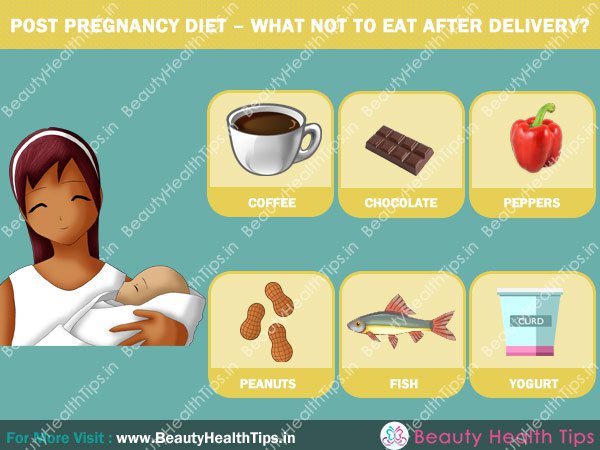All about pregnant women with Thyroid problems
Pregnancy is nature’s gift to almost every woman. We know every girl is grateful to God for this special gift of giving birth to a new life. We understand how holding the baby for a good 9 months is not easy, and we know it just gets worth it when you finally hold your child in your arms! There are multiple complications, which a woman may develop when she is pregnant, and thyroid problems is just one of them.
Be it over function or under function of the thyroid gland, none of the two is good for you and can cause thyroid disorder. The thyroid glands produce hormones, which are necessary for balancing our body’s metabolism rate. Do you know where the Thyroid gland exists in your body? Well, it is right below the Adam’s apple in your neck and is of a butterfly shape.
A little more about thyroid
It is interesting to note that the thyroid sometimes makes too little of the thyroid hormones, while other times it makes the same hormones in excess. The former condition is referred to as hypothyroidism, the word ‘hypo’ indicating under active thyroid. And when the production of thyroid is too much, it is called ‘hyperthyroidism’, where the word ‘hyper’ indicates that the thyroid is overactive!
For all the pregnant ladies in house, you will be glad to know that you can deliver a baby with no complications and in a perfectly healthy manner even though you have thyroid problems. Ensure you visit your doctor regularly for taking thyroid function tests in order to protect your baby’s health. Also, you must not forget to take your medicines on time (the ones that would be prescribed to you by your doctor).
Learn about the importance of thyroid in pregnancy
How normally your baby’s nervous system and brain develops is largely dependent on thyroid hormones. For the first three months of your pregnancy, your baby gets his/her share of hormones from you through your placenta. After that, the child’s thyroid works by itself, the thyroid production is not enough until the baby is 18-20 weeks old.
Two hormones are responsible for making the thyroid hormone level go higher in your blood during pregnancy; these are estrogen and human chorionic gonadotropin (HCG). If you are a little overweight, there are chances that the thyroid would enlarge during your pregnancy, but sadly, it will not be of such a difference for the doctor to detect it at once during any physical test conducted on you.
This disease can be a little hard to diagnose in pregnant women because thyroid hormones’ level shoots up both in the case of thyroid disorders as well as during pregnancy. Your doctor however may notice the symptoms caused due to hyper or hypothyroidism and test you immediately for the same.
Let us know about the symptoms of hyperthyroidism and hypothyroidism during pregnancy.
Hyperthyroidism
Symptoms include fatigue, increased heart rate, irregular heartbeat, trouble in sleeping, nervousness, weight loss or gain which is typical during pregnancy, vomiting or severe nausea, slightly tremor.
Hypothyroidism
This includes similar symptoms of pregnancy like weight gain and extreme level of fatigue. Other than that, it shows symptoms like difficulty in concentrating or memorizing, constipation, sensitivity to cold conditions as well as muscle cramps.
What are the reasons behind the Thyroid disease during pregnancy?
The most common factor causing hyperthyroidism when you’re expecting is Grave’s disease, which is an autoimmune disorder. When this disease strikes you, the body makes thyroid-stimulating immunoglobulin (TSI) which is an antibody that leads to the production of excess thyroid.
A common reason of hypothyroidism is Hashimoto’s thyroiditis, which is another autoimmune disorder. What happens in this is your thyroid gland cells are attacked by your body by mistake, which leaves the thyroid with insufficient number of cells and enzymes to make the necessary amount of thyroid hormone.
How do you treat the Thyroid disease when you’re pregnant?
Based on your symptoms, physical exams, and blood tests aiming to check your thyroid stimulating hormones (TSH), thyroid hormones T4 and hyperthyroidism T3, the Thyroid disease can be easily diagnosed by a medical expert.
If a woman were detected with hyperthyroidism, an anti-thyroid medication would be used to solve the problem. In some extreme cases, surgeries would help. Hypothyroidism on the other hand can be treated with levothyroxine similar to the T4 hormone.
Hope this article helped. Stay cautious and look for symptoms when you’re expecting. Stay healthy, stay safe.





